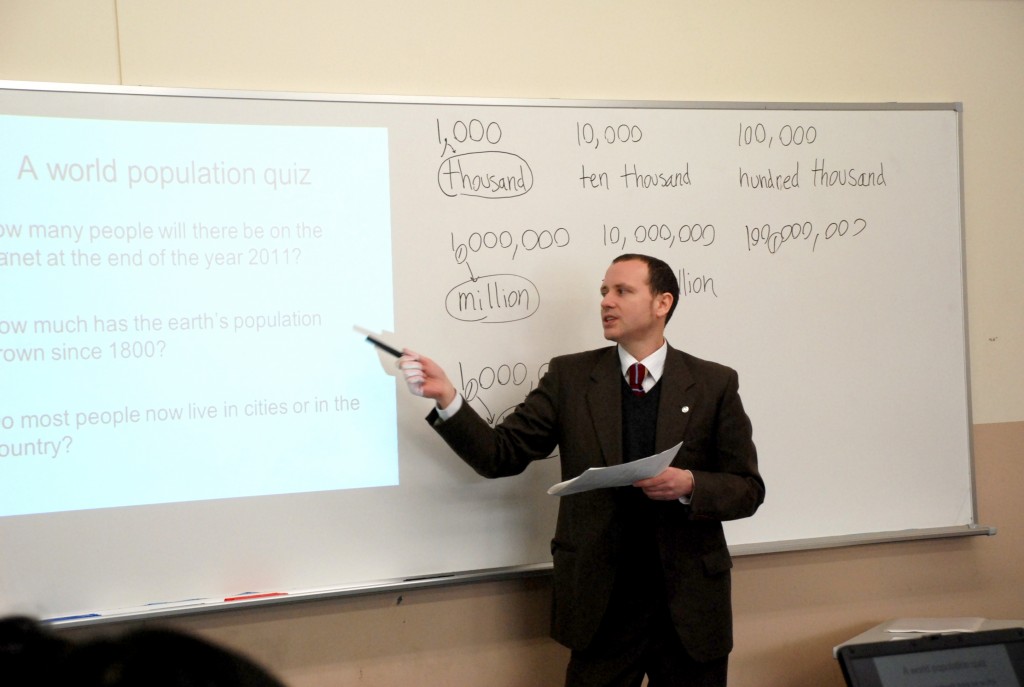Rules I’ve Broken and How I Lived to Teach Another Day – Steven Herder

TD Program Director
I’m reading two great books right now – The Courage to Teach (Palmer, 2007) and Creating Significant Learning Experiences: An Integrated Approach to Designing College Courses (Fink, 2003).
They are both major rule breakers in the sense that through their own research and personal experience, they have evolved beyond the regular assumptions of what it means to be a teacher. They have both created a new paradigm of sorts and based it on their own perception of teaching and learning. Palmer has an endless number of great quotes, for example,
“Good teaching cannot be reduced to technique; good teaching comes from the identity and integrity of the teacher” (Parker Palmer, 2007, p. 10).
“Technique is what teachers use until the real teacher arrives” (Parker Palmer, 2007, p. 5).
Brilliant stuff. And there is so much more to be had in both these books!
So the good writers and the great teachers always inspire me to continue to believe in my instincts in the classroom – to trust my “spider sense” of what is good, what is working and when to tweak things in another direction. This tweaking is not random at all, but based on years of honing my skills at observing what’s actually happening in my classroom.
So, I wonder where these preconceived teaching rules come from? Could it be from all of my previous teachers from kindergarten onwards? Could I be carrying their baggage of assumptions and norms for teaching that they themselves picked up along the way? I’m sure that has had a major impact on many teachers including me. It’s funny, though, the teachers who were memorable were the ones who broke free from the mold, who, as Palmer says, evolved beyond technique, to create or empower their own identity as teachers.
Here are a few of the rules that I regularly break with glee and abandon:
1. Don’t let the students take control of the class.
2. Don’t postpone the start of the syllabus until the team is ready to study
3. Don’t tell students about your personal life.
4. Don’t go off on tangents during a lesson.
5. Don’t negotiate with students.
I’ll elaborate on any of these in the comments section if anyone asks. I would also love to hear which rules you break in your classes. This picture represents a whole new foray into breaking rules if anyone wants to know more…










